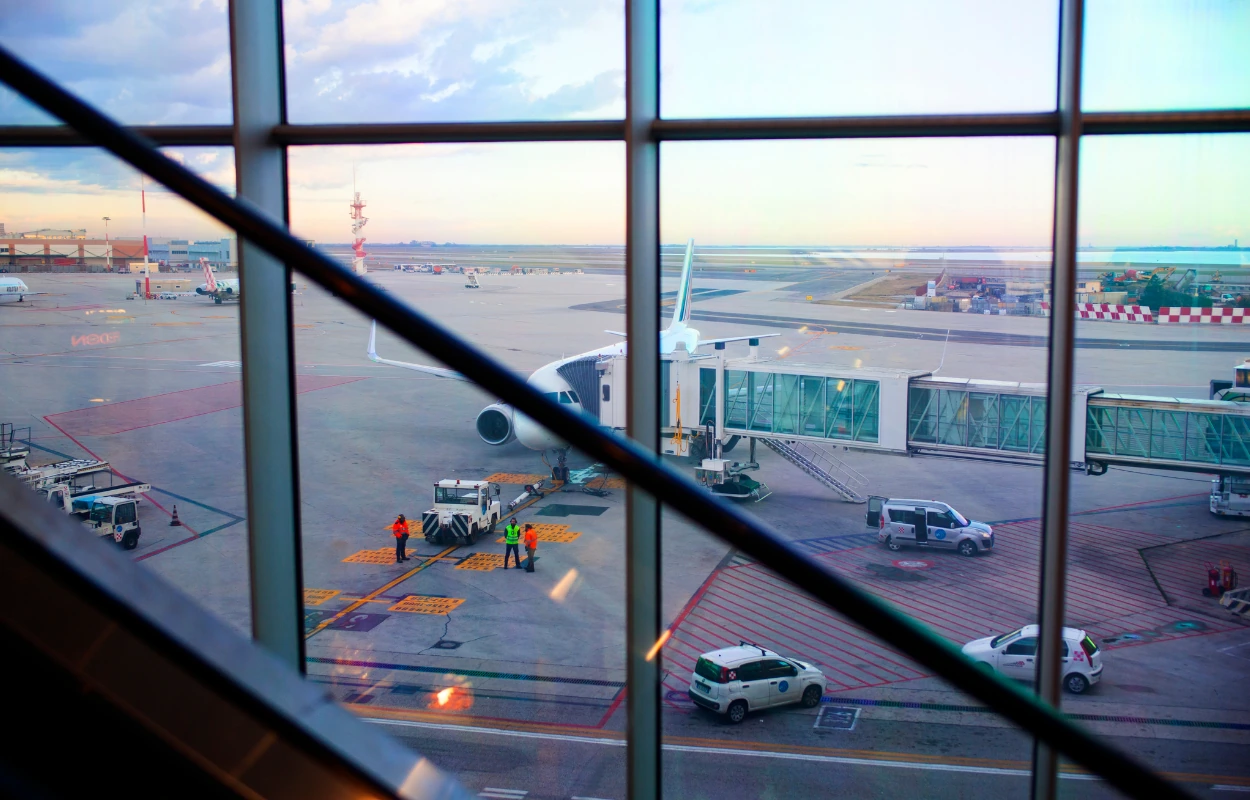Growth is something that is possible in the rapidly changing aviation industry through international expansion, but there are also serious HR compliance issues that need to be taken into account. For companies to remain both legally compliant and operationally efficient, they need to implement scalable, localised strategies to address labour law variations, data privacy, and payroll taxation.
Why Global HR Compliance Matters in Aviation
Aligning HR procedures with many different local regulations and standards is something that is considered a crucial task for aviation companies that are planning on growing at a global scale. HR compliance is essential for stability, trust, and efficiency; it’s not just about avoiding the possibility of receiving a fine. In an industry where schedules, labour, and safety are non-negotiable, non-compliance can quickly shut down operations. We will be taking a look at the importance of proper HR compliance.
Legal Protection & Risk Mitigation
Understanding a wide range of employment laws is absolutely essential for cross-border aircraft operations, including those about discrimination, health and safety requirements, working hours, and termination policies. Expensive fines, damage to one’s reputation, and even disruptions in business operations can happen when a company is non-compliant.
Financial Stability
Nobody likes to experience problems with their salary. Payroll, benefit, or tax compliance errors can result in fines and dissatisfied workers. Payroll errors are unaffordable for the highly specialised and technical aviation workforce, particularly when workers are spread out across multiple jurisdictions. Particularly, cross-border payroll errors continue to be a significant source of disagreements.
Operational Consistency & Brand Equity
A strong global employer brand is backed up by a standardised HR compliance structure, which promotes fairness and trust among its employees. This is essential to attracting and retaining top aviation talent worldwide.
Facts & Figures That Speak Volumes
The need for strong HR compliance frameworks is becoming more and more critical across all industries, including aviation, according to recent data. Over 55% of companies now use HR technology to manage compliance and security, marking a 100% increase since 2023.
This increase is a sign of a larger change in business philosophy: 70% of organisations have moved away from “tick-box” HR practices and are moving more towards a strategic, long-term compliance models. Workweek regulations also vary greatly by country; for example, Finland mandates between 37.1 and 44.8 working hours per week.
This shows how difficult it is for aviation firms operating across the world. One of the most persistent issues companies are reporting on experiencing is cross-border payroll errors, which remain a top compliance pain point and can lead to employee dissatisfaction or legal exposure. On the data privacy front, the stakes are even higher: under GDPR, violations can have fines of up to 4% of a company’s global annual turnover, making compliance with data handling policies important for global HR teams.

Key Compliance Challenges
Since no two legal systems are the same and there is very little room for error, managing human resources across multiple borders is considered to be quite difficult. Aviation companies have to deal with ever-changing regulations, from managing labour laws to safeguarding data across borders. The stakes are high: penalties, court cases, and disruption of the workforce. The main compliance challenges that aircraft HR teams must get beyond are listed in this section.
Fragmented Employment Laws
Labour laws change significantly between countries: France restricts work to 35 – 43 hours per week, while Finland requires 37.1 – 44.8 hours; notice periods, severance, and termination policies differ accordingly. Aviation firms that run maintenance facilities or pilot bases across borders need to properly handle this complexity.
Data Privacy & Cross-Border Transfers
Medical records, background checks, and immigration documents are some of the sensitive employee data that is handled by aviation HR departments. Cross-border data sharing requires encrypted systems and legally binding business policies due to GDPR and other privacy regulations.
Payroll & Tax Compliance
Complicated calculations are made by various pay schedules, tax regimes, and benefit calculations. For example, India mandates compliance to a state-specific minimum wage, while Brazil has a 13th-month salary requirement.
Employment Classification
Particularly in the UK and the USA, misclassifying engineers, pilots, or ground crew as contractors rather than employees can result in fines and reclassification responsibilities.
Ongoing Regulatory Changes
Labour laws frequently change; new safety regulations, data-sharing guidelines, or leave rights may be added. HR departments need to continuously observe and adjust.
Your Next Steps for HR Compliance
The aviation industry is a fast, international space where HR compliance is essential. Having a robust strategy combined with a global compliance framework, expert partnerships, modern technology, and continuous oversight gives aviation companies the ability to scale confidently, reduce risk, and uphold an equitable employer brand worldwide.
Aeroates supports this vision by helping aviation businesses align their HR strategies with global compliance standards and scalable solutions. Aviation executives can cross boundaries with operational agility, regulatory alignment, and employee safety by viewing HR compliance as a strategic enabler rather than a formality.
